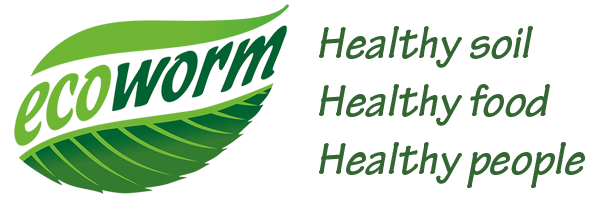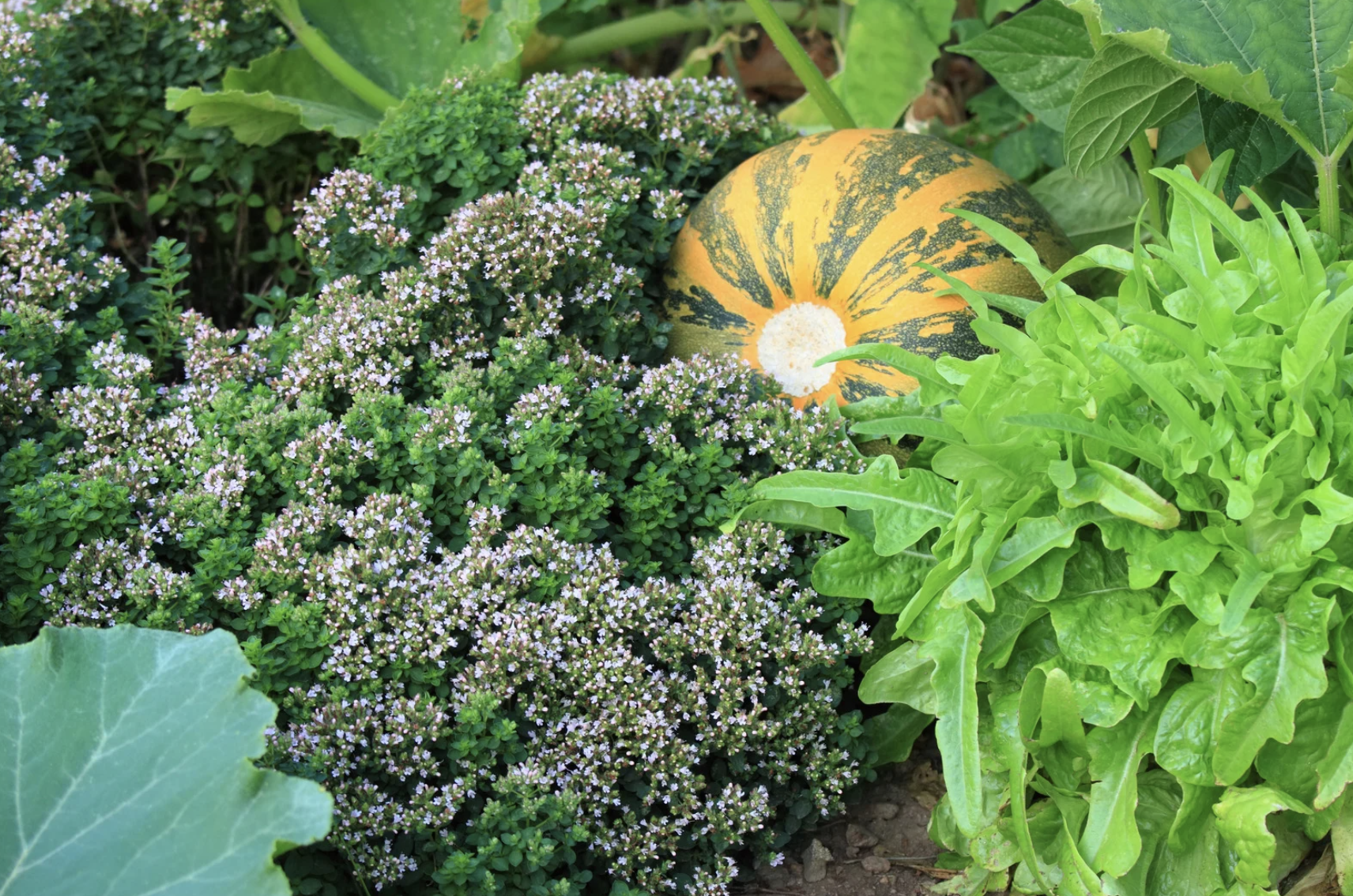Growing your own vegetables is a rewarding and fulfilling experience. Not only does it provide you with fresh and nutritious produce, but it also allows you to connect with nature and engage in a sustainable lifestyle. To ensure the success of your vegetable garden, choosing the right organic fertilizers is crucial. Organic fertilizers are derived from natural sources and are rich in essential nutrients that plants need for healthy growth.
Importance of Organic Fertilizers
Organic fertilizers offer several advantages over synthetic alternatives. Firstly, they release nutrients slowly, providing a steady and sustained source of nourishment to plants. This gradual release prevents nutrient leaching and helps maintain soil fertility. Secondly, organic fertilizers improve soil structure, allowing for better water retention and aeration. They also promote the growth of beneficial soil microorganisms, which contribute to overall soil health. Lastly, organic fertilizers are environmentally friendly and safe for both humans and wildlife.
Factors to Consider When Choosing Organic Fertilizers
When selecting the best organic fertilizer for your vegetables, it’s important to consider a few key factors. These include:
- Nutrient Content: Different vegetables have varying nutrient requirements. Ensure the fertilizer you choose provides the necessary nutrients for optimal growth.
- Release Rate: Some organic fertilizers release nutrients slowly over time, while others provide an immediate boost. Consider the growth stage of your vegetables and choose a fertilizer accordingly.
- Soil Composition: Assess the pH level and nutrient content of your soil. This will help you determine which organic fertilizer can address any deficiencies and balance the soil composition.
- Application Method: Organic fertilizers come in various forms, such as powders, pellets, and liquids. Select a form that is convenient for your gardening needs.
Best Organic Fertilizers for Vegetables
Now, let’s explore the top organic fertilizers that can enhance the growth and productivity of your vegetable garden in the United States:
Fish emulsion
Fish emulsion is a liquid fertilizer made from decomposed fish waste. It is rich in nitrogen, phosphorus, and potassium, making it an excellent all-purpose organic fertilizer. Fish emulsion is readily absorbed by plants and promotes vigorous growth. It is particularly beneficial for leafy greens and vegetables that require a nitrogen boost.
Bone Meal
Bone meal is a finely ground powder made from animal bones. It is an excellent source of phosphorus and calcium, essential nutrients for root development and overall plant health. Bone meal is especially useful for root crops like carrots and potatoes.
Blood meal
Blood meal is a dry, powdered fertilizer made from dried animal blood. It is high in nitrogen and provides a quick nutrient release. Blood meal is ideal for leafy greens and vegetables that require a nitrogen-rich soil.
Seaweed extract
Seaweed extract is derived from seaweed and contains a wide range of nutrients, including potassium, magnesium, and trace elements. It enhances plant growth, improves disease resistance, and helps plants withstand environmental stress. Seaweed extract is suitable for a variety of vegetables.
Compost
Compost is a natural fertilizer made from decomposed organic matter, such as kitchen scraps and yard waste. It enriches the soil with organic matter, improves soil structure, and provides a slow release of nutrients. Compost is beneficial for all types of vegetables and promotes overall soil health.
Worm Castings
Worm castings, also known as vermicast, are the rich organic matter produced by earthworms. They contain a balanced combination of nutrients and beneficial microorganisms. Worm castings improve soil fertility, enhance plant growth, and boost nutrient absorption. They are suitable for all vegetable crops.
Chicken manure
Chicken manure is a nutrient-rich organic fertilizer with high levels of nitrogen, phosphorus, and potassium. It should be well-composted before application to avoid burning plant roots. Chicken manure is beneficial for most vegetables, but it should be used sparingly due to its potency.
Green Manure
Green manure refers to the practice of planting specific cover crops to enrich the soil. These crops are later incorporated into the soil to improve fertility and organic matter content. Common green manure crops include clover, alfalfa, and field peas. Green manure enhances soil structure and nutrient availability for subsequent vegetable crops.
Rock Phosphate
Rock phosphate is a mineral-based fertilizer that provides a slow release of phosphorus. It is beneficial for root development, seed formation, and overall plant growth. Rock phosphate is particularly useful for root crops and legumes.
Wood ash
Wood ash is the residue left after burning wood. It contains potassium, calcium, and trace elements. Wood ash helps raise soil pH and provides a moderate source of potassium. It is best suited for vegetables that prefer alkaline soil conditions.
Alfalfa Meal
Alfalfa meal is a plant-based fertilizer made from dried and ground alfalfa. It contains essential nutrients, including nitrogen, phosphorus, and potassium. Alfalfa meal improves soil structure, enhances nutrient uptake, and stimulates plant growth. It is suitable for avariety of vegetables and can be used as a top dressing or incorporated into the soil.
Vermicompost
Vermicompost is the result of composting organic materials with the help of earthworms. It is a nutrient-rich fertilizer that improves soil structure, enhances moisture retention, and boosts plant growth. Vermicompost is suitable for a wide range of vegetables and promotes overall soil health.
Ecoworm Soil Extract (recommended)
Ecoworm Soil Extract is an organic fertilizer made from vermicompost and beneficial microorganisms. It is a concentrated liquid that provides a wide range of essential nutrients and improves soil fertility. Ecoworm Soil Extract enhances plant growth, strengthens disease resistance, and improves nutrient uptake. It is suitable for all types of vegetables and is particularly effective in promoting root development and fruiting.
How to Use Organic Fertilizers Effectively
To maximize the benefits of organic fertilizers, follow these guidelines:
- Read the instructions: Different organic fertilizers have specific application rates and methods. Follow the manufacturer’s guidelines for optimal results.
- Apply at the right time: Timing is important when fertilizing vegetables. Apply organic fertilizers during the planting stage or as a side dressing during the growing season.
- Avoid over-application: Organic fertilizers can be concentrated, so it’s crucial not to exceed the recommended dosage. Over-application may lead to nutrient imbalances or plant damage.
- Combine with compost: Organic fertilizers work synergistically with compost. Incorporate compost into the soil before planting and use organic fertilizers as supplemental nutrients.
- Water properly: Water your vegetable garden adequately after applying organic fertilizers. This helps nutrients reach the plant roots and prevents nutrient leaching.
Choosing the best organic fertilizer for your vegetables is essential for successful and sustainable gardening. The United States offer a variety of organic fertilizers suitable for different types of vegetables and gardening preferences. Consider the nutrient requirements of your plants, soil composition, and application methods when selecting an organic fertilizer. Remember to follow the instructions provided by the manufacturer for optimal results. By using organic fertilizers, you can nourish your vegetables while protecting the environment and promoting a healthy and bountiful harvest.


Comments are closed